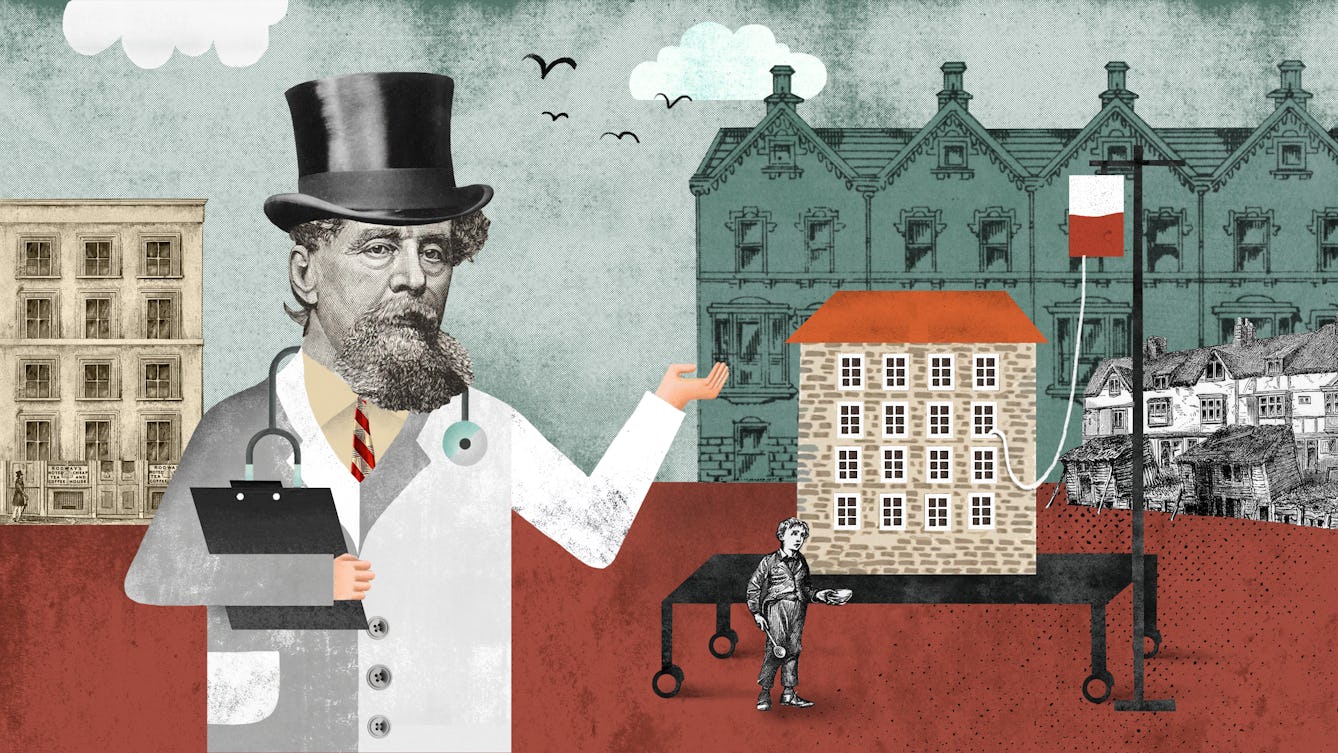
- Article
- Article
How slums make people sick
A newly gentrified corner of Bermondsey leaves little clue to its less salubrious history. But a few intrepid writers recorded the details of existence in one of London’s most squalid slums.

- Article
- Article
Intelligence testing, race and eugenics
Specious ideas and assumptions about intelligence that were born during the great flourishing of eugenics well over 100 years ago still inform the British education system today, as Nazlin Bhimani reveals.
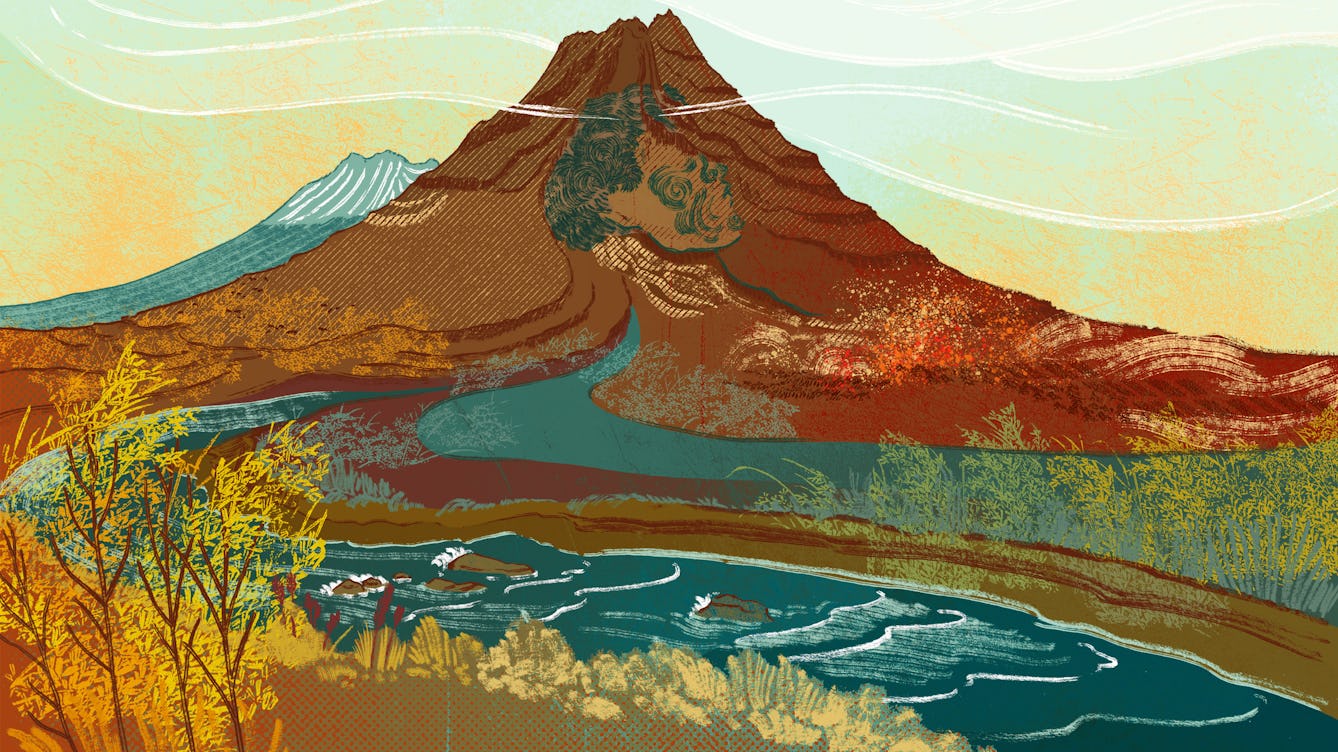
- Article
- Article
The white tears of Taranaki
Taranaki in Aotearoa, New Zealand, is home to the world’s largest dairy factory. Sarah Hopkinson questions the price paid by an area dominated by monoculture.

- Article
- Article
The epilepsy diagnosis
Epilepsy exists between the mind and body, something that Aparna Nair experienced for herself when she was diagnosed as a teenager.

- Article
- Article
Guerrilla public health
From safe-use guides to needle exchange schemes, Harry Shapiro reflects on 40 years of drug harm reduction in the UK.

- Article
- Article
Lonely bodies are hungry for more than turkey
At Christmas, many charities provide dinners for homeless or isolated people. Food is central to festive celebrations, but it can also satisfy our hunger for belonging and community.

- Article
- Article
Rediscovering Margaret Louden, a forgotten NHS hero
Bored during lockdown, David Jesudason started bin diving at night. Then a chance discovery set him on a new path: to tell the story of a forgotten female surgeon.
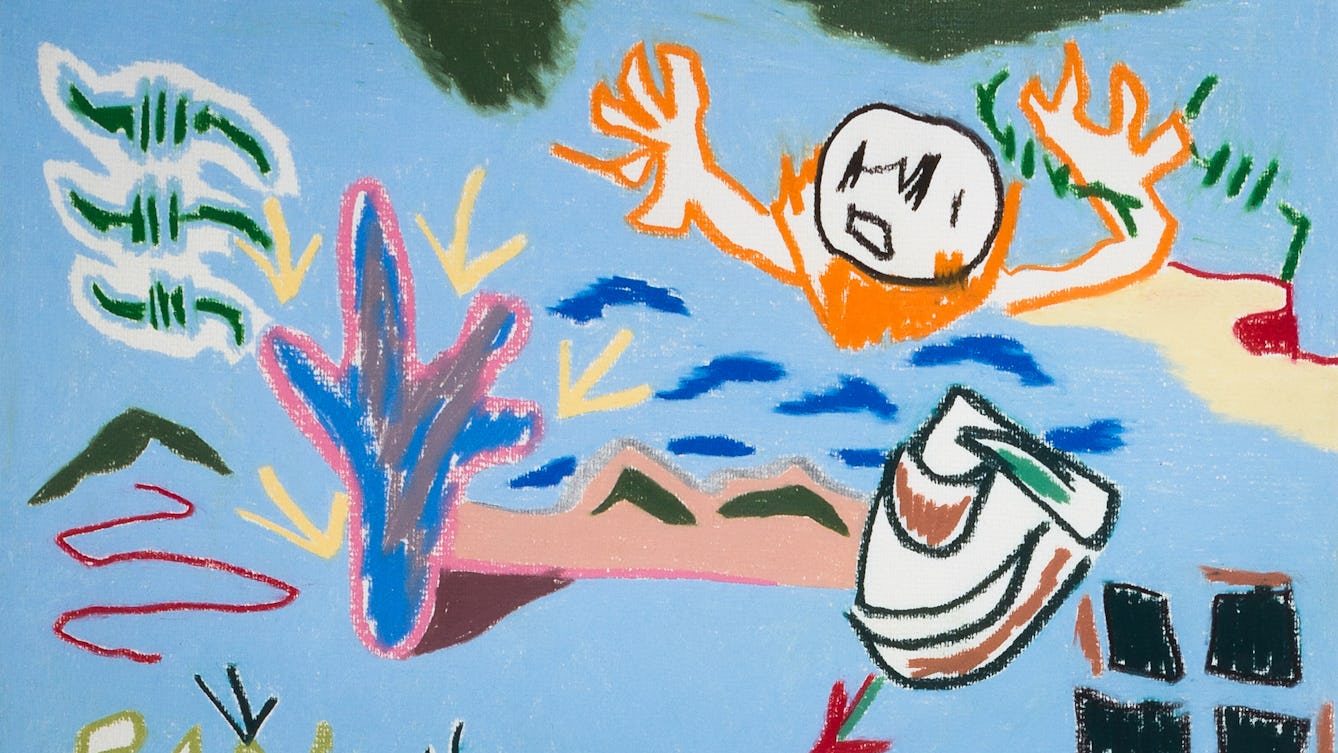
- Article
- Article
The indelible harm caused by conversion therapy
With first-hand evidence from two powerful testimonies, neurologist Jules Montague explores the destructive history of conversion therapy, a punitive treatment designed to ‘cure’ people of homosexuality.
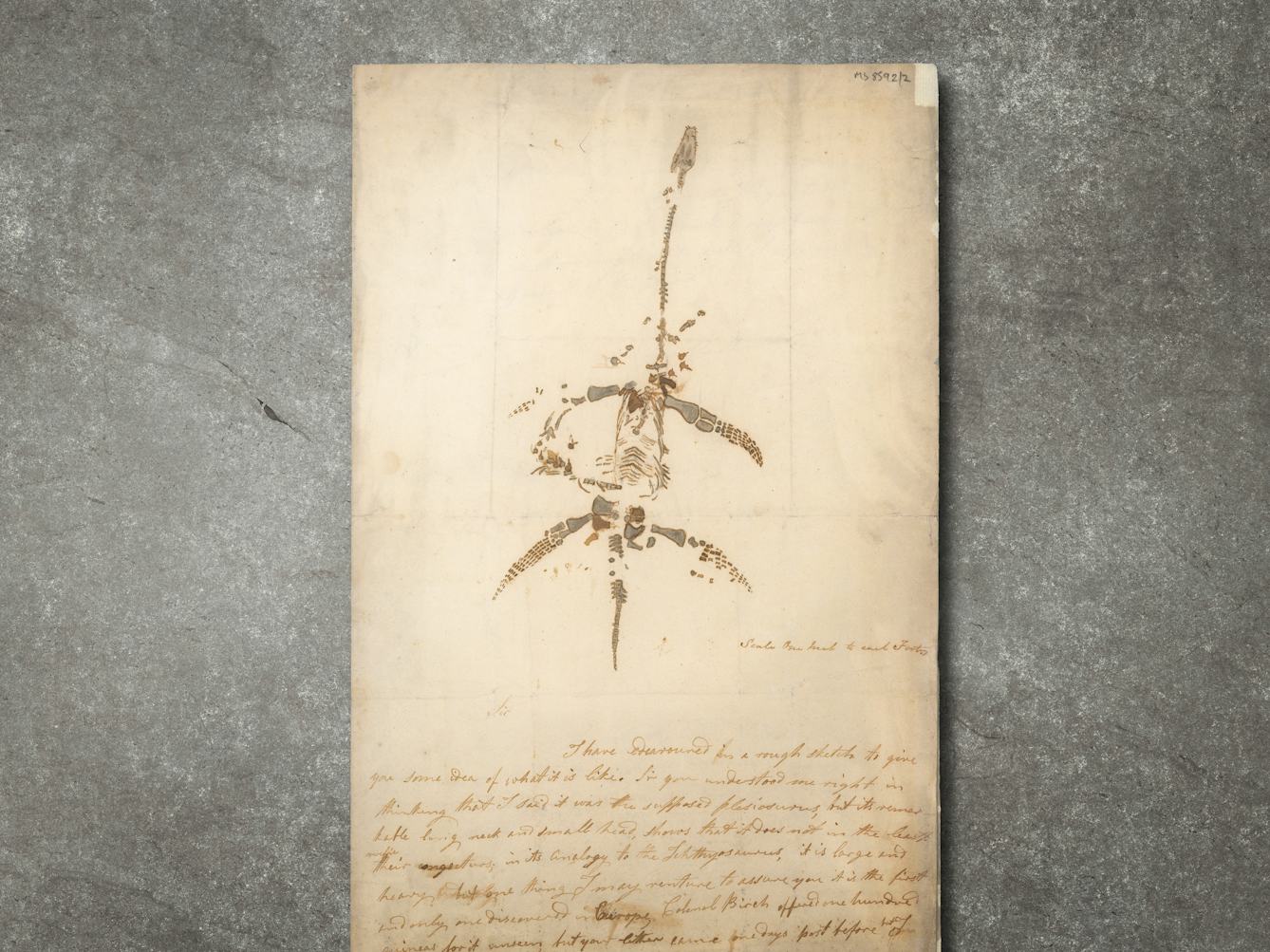
- Article
- Article
Would you like to buy a dinosaur?
Two remarkable letters and a drawing of a plesiosaur by Mary Anning offer a tantalising portal into the exciting world of fossil hunting and discovery of the 1800s.
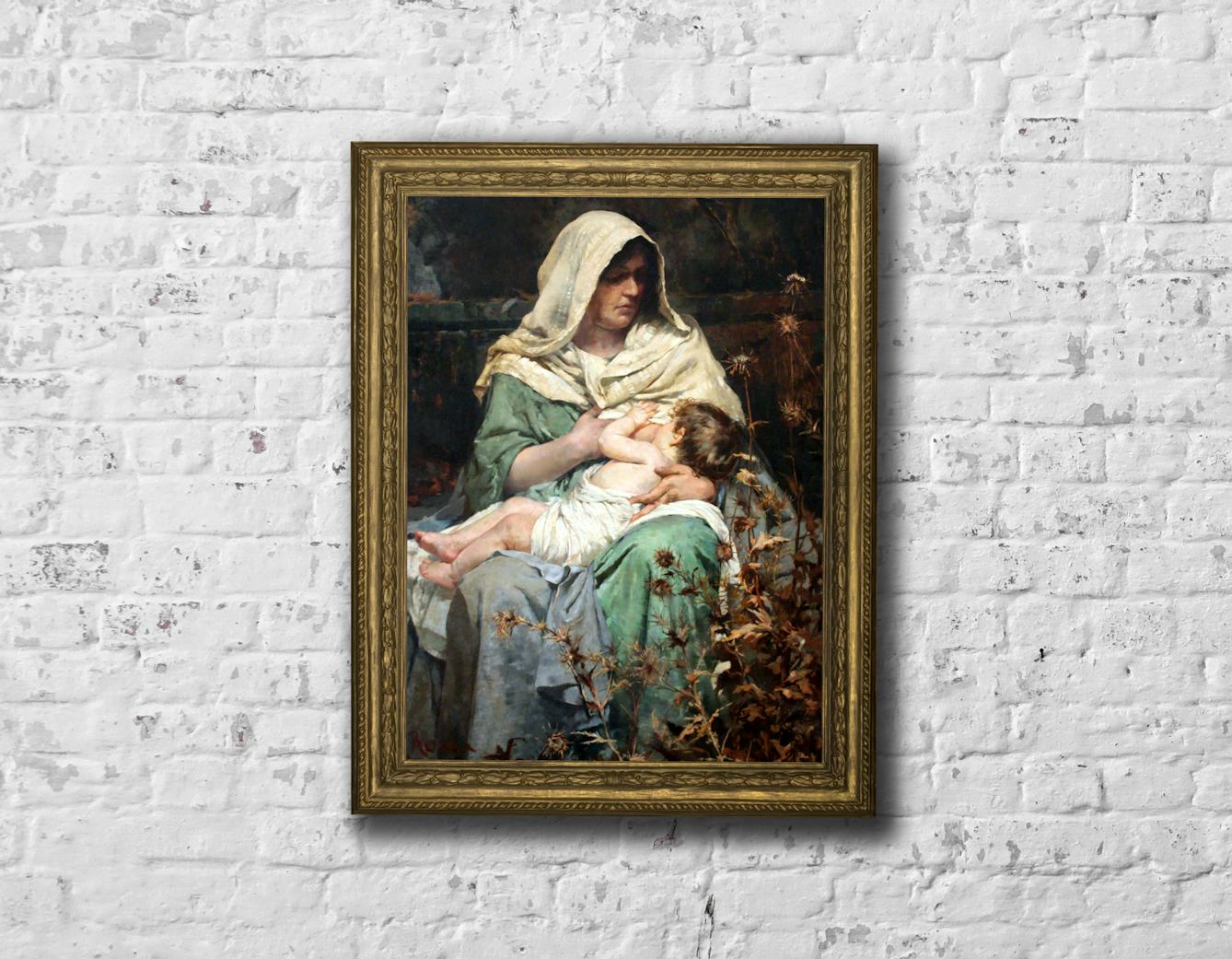
- Article
- Article
Are you still nursing?
Julia Martins might get the side-eye for breastfeeding a three-year-old in the UK but, as she explains, examples from history, as well as the cultural norms of Brazil, where she grew up, are firmly on the side of extended nursing.
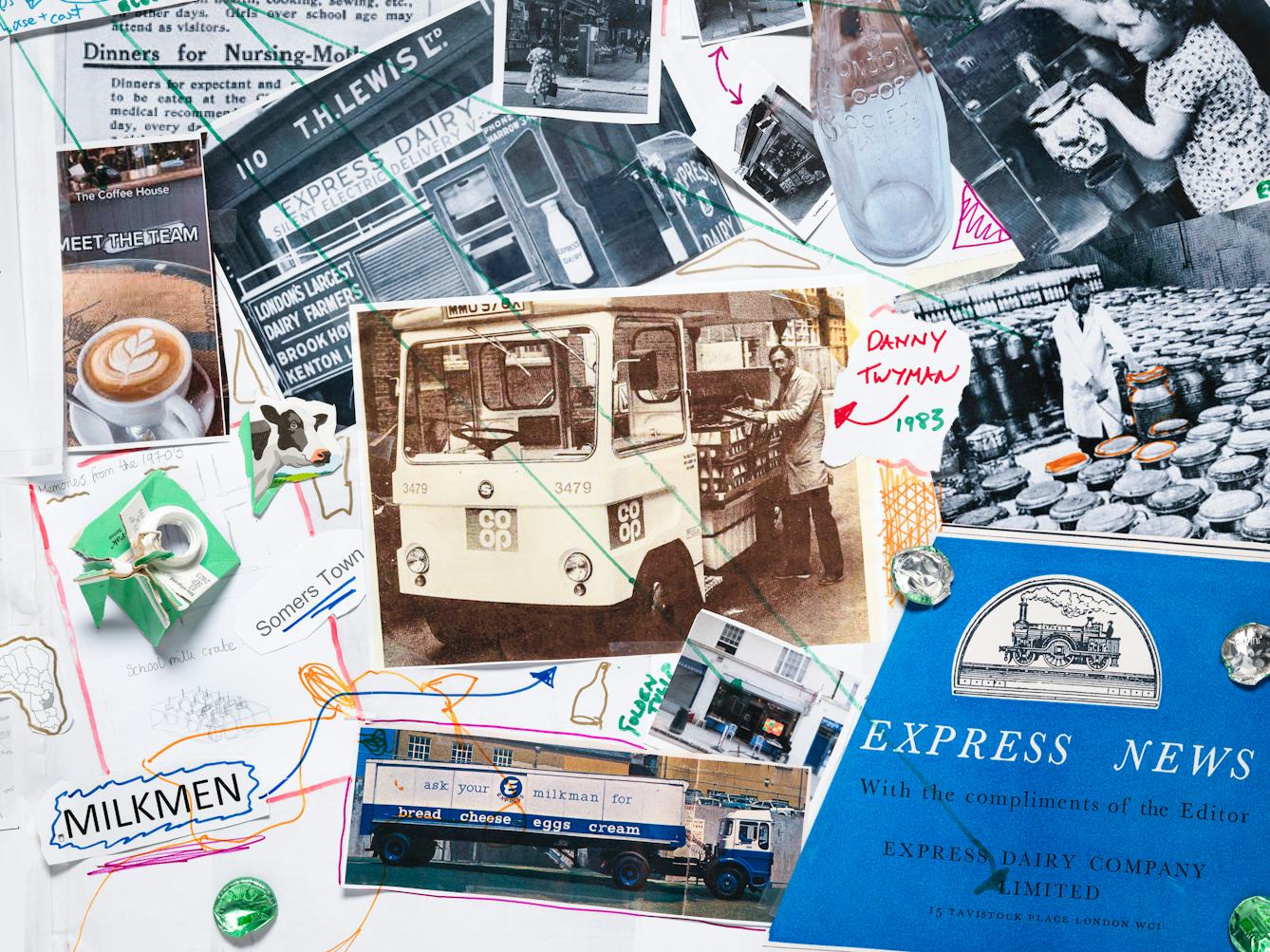
- Article
- Article
Milk trails round Euston
Where cows once grazed near Wellcome Collection in London, baristas now froth their milk. Esther Leslie uncovers Euston’s dairy-based urban history.

- Article
- Article
The healing power of the physic garden
Having experienced the healing power of plants and gardens, Iona Glen goes in search of present-day “physic gardens” and their origins in history.
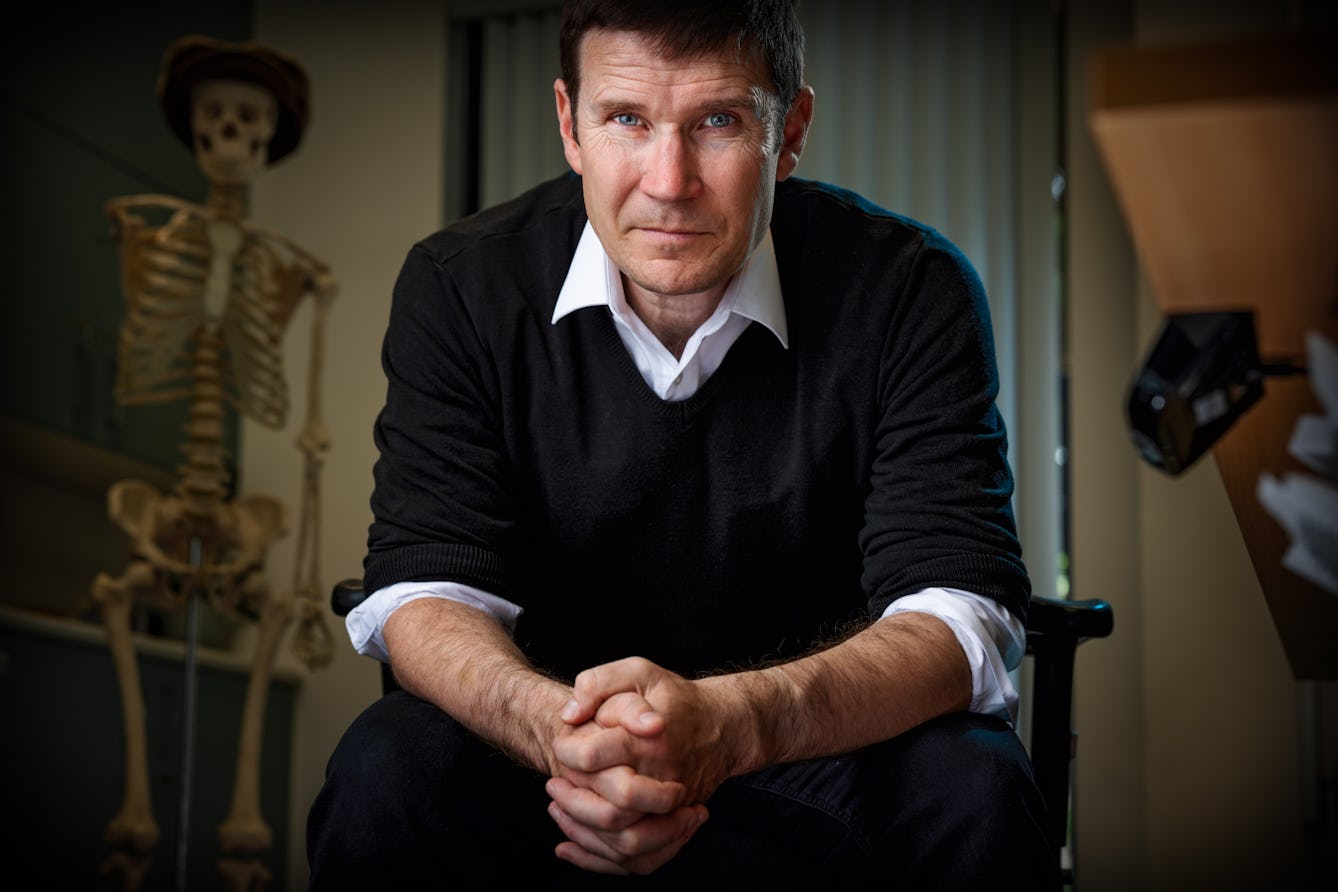
- Book extract
- Book extract
Why the NHS is worth saving
In this extract from his latest book, ‘Free For All’, Dr Gavin Francis poses challenging questions to be addressed if a health service that’s free for all at the point of use is to remain possible.

- Article
- Article
How tuberculosis became a test case for eugenic theory
A 19th-century collaboration that failed to prove how facial features could indicate the diseases people were most likely to suffer from became a significant stepping stone in the new ‘science’ of eugenics.
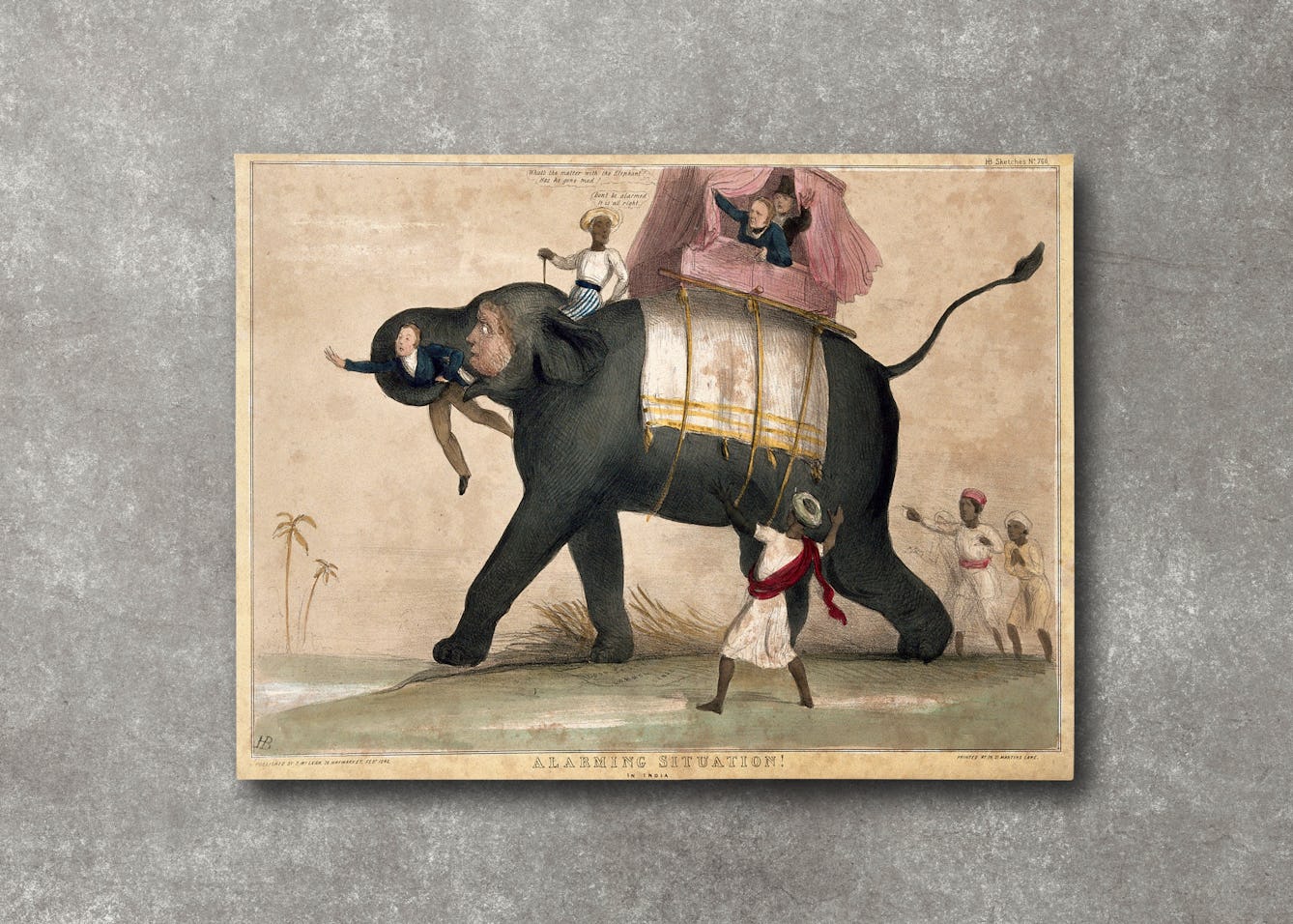
- Article
- Article
Aphasia and drawing elephants
When Thomas Parkinson investigated the history of “speech science”, he discovered an unexpected link between empire, elephants and aphasia.

- Article
- Article
What is structural violence?
Structural violence is seemingly invisible. But its tentacles have invaded every part of many people’s lives, thoughts, experiences and expectations, shaping them in ways they don’t even realise.

- Article
- Article
Duelling doctors
An enduring enthusiasm for 18th-century gentlemen to defend their ‘honour’ by duelling placed doctors in a delicate position. Specially when they faced being shot themselves.
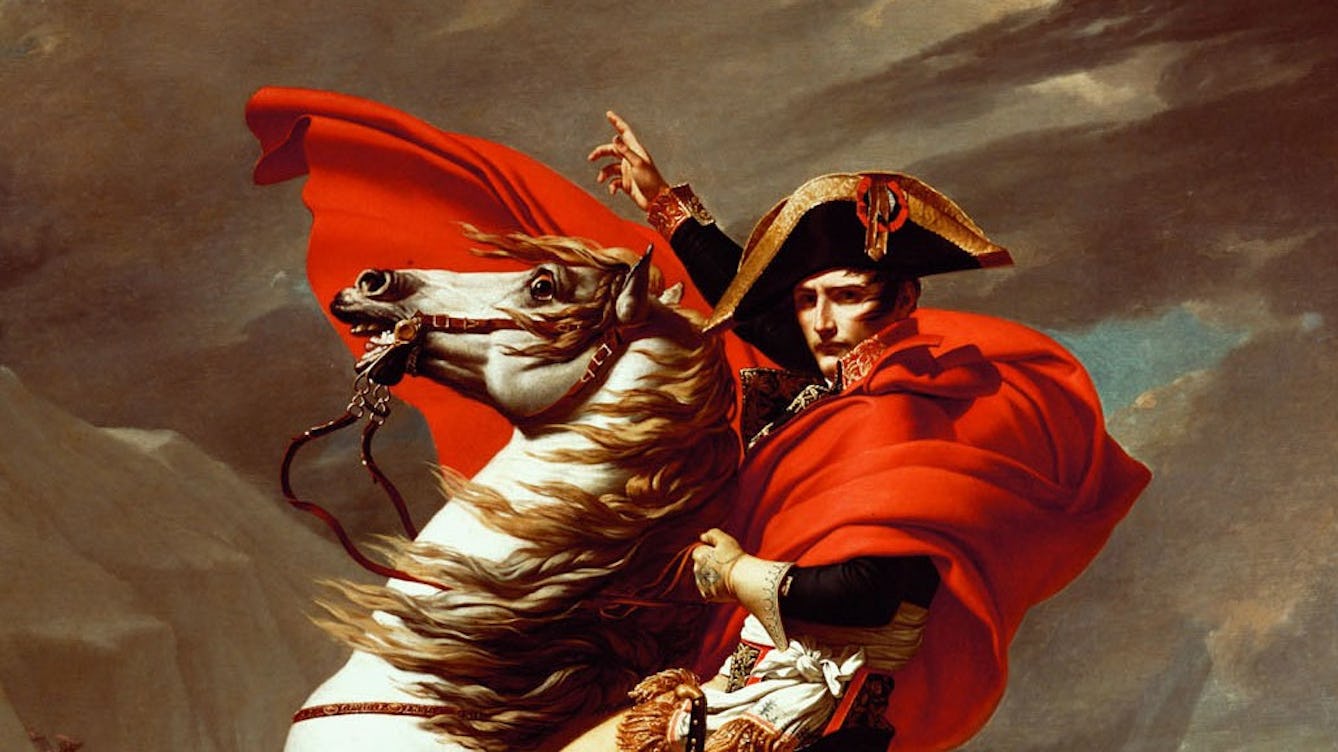
- Article
- Article
Political brilliance and the power of self-promotion
How do you convince people you’re exceptional? Meet the ultimate self-styled genius.

- Article
- Article
The big freeze
In recent years we’ve come to realise that global heating is our biggest threat. But it’s hard to shake off the fear of a return to ice-age conditions, the predominant narrative since the late 17th century.
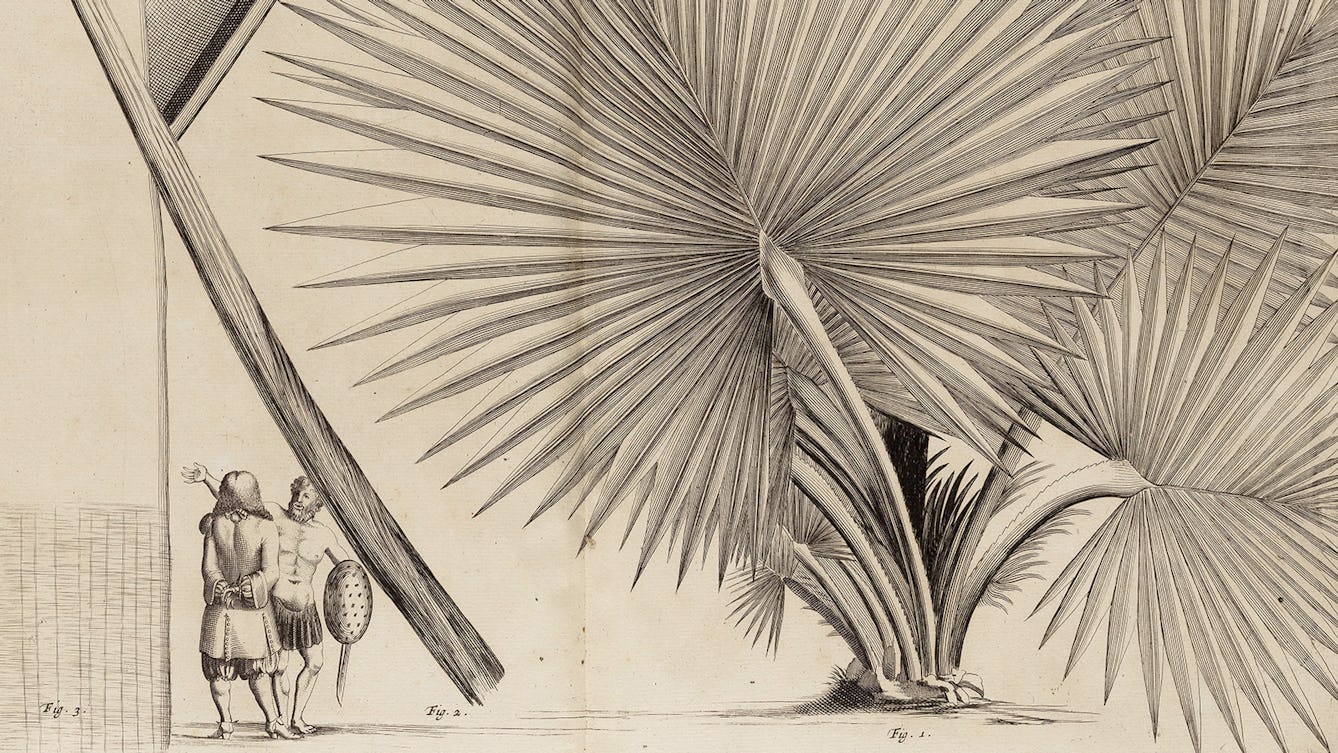
- Article
- Article
Indian botanicals and heritage wars
Colonial botanical texts, as astonishingly beautiful as they are, may cast very dark shadows.

- Article
- Article
The birth of the public museum
The first public museums evolved from wealthy collectors’ cabinets of curiosities and were quickly recognised as useful vehicles for culture.
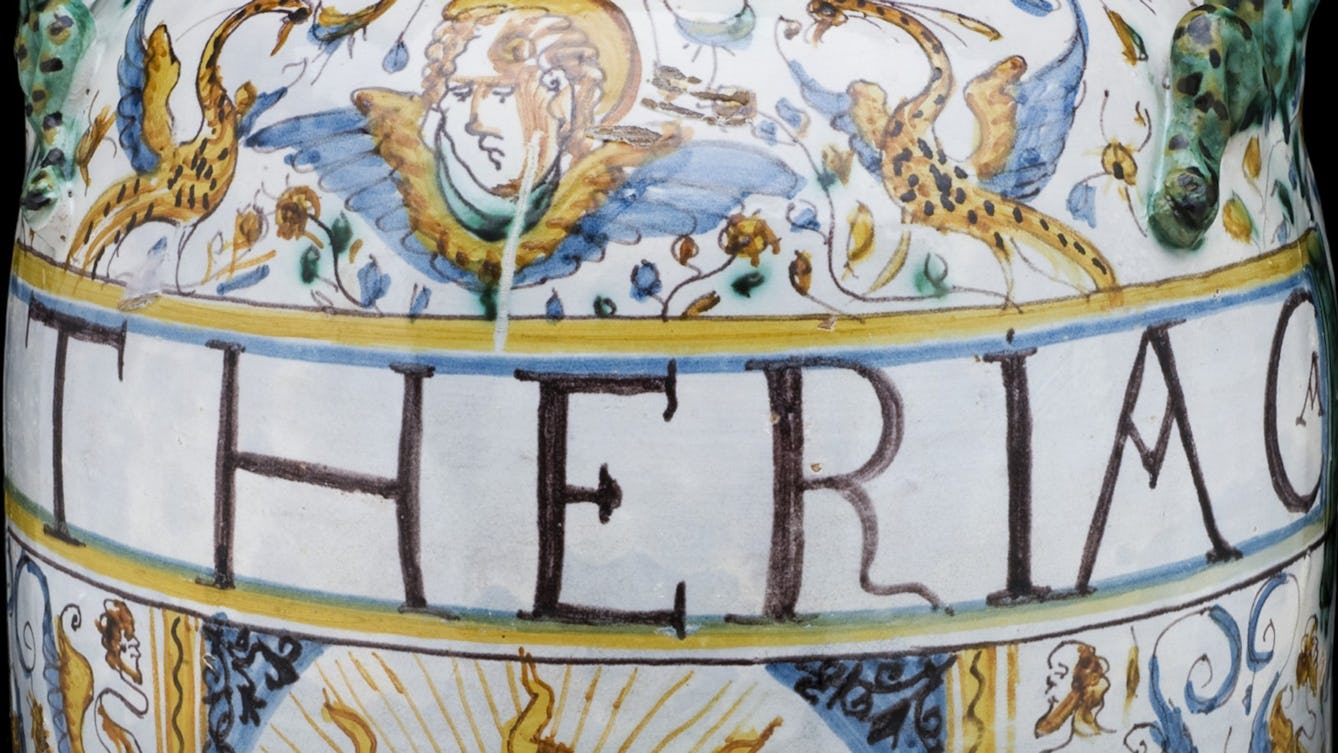
- Article
- Article
Theriac: An ancient brand?
The name theriac survived for around for two millennia as a pharmaceutical term. But a ‘brand’ name is not always a guarantee of quality.

- Book extract
- Book extract
Ayurveda: Knowledge for long life
The story of medicine in India is rich and complex. Aarathi Prasad investigates how it came to be this way.

- Long read
- Long read
Healthy scepticism
Healthcare sceptics – like those opposed to Covid-19 vaccinations – often have serious, nuanced reasons for doubting medical authorities.
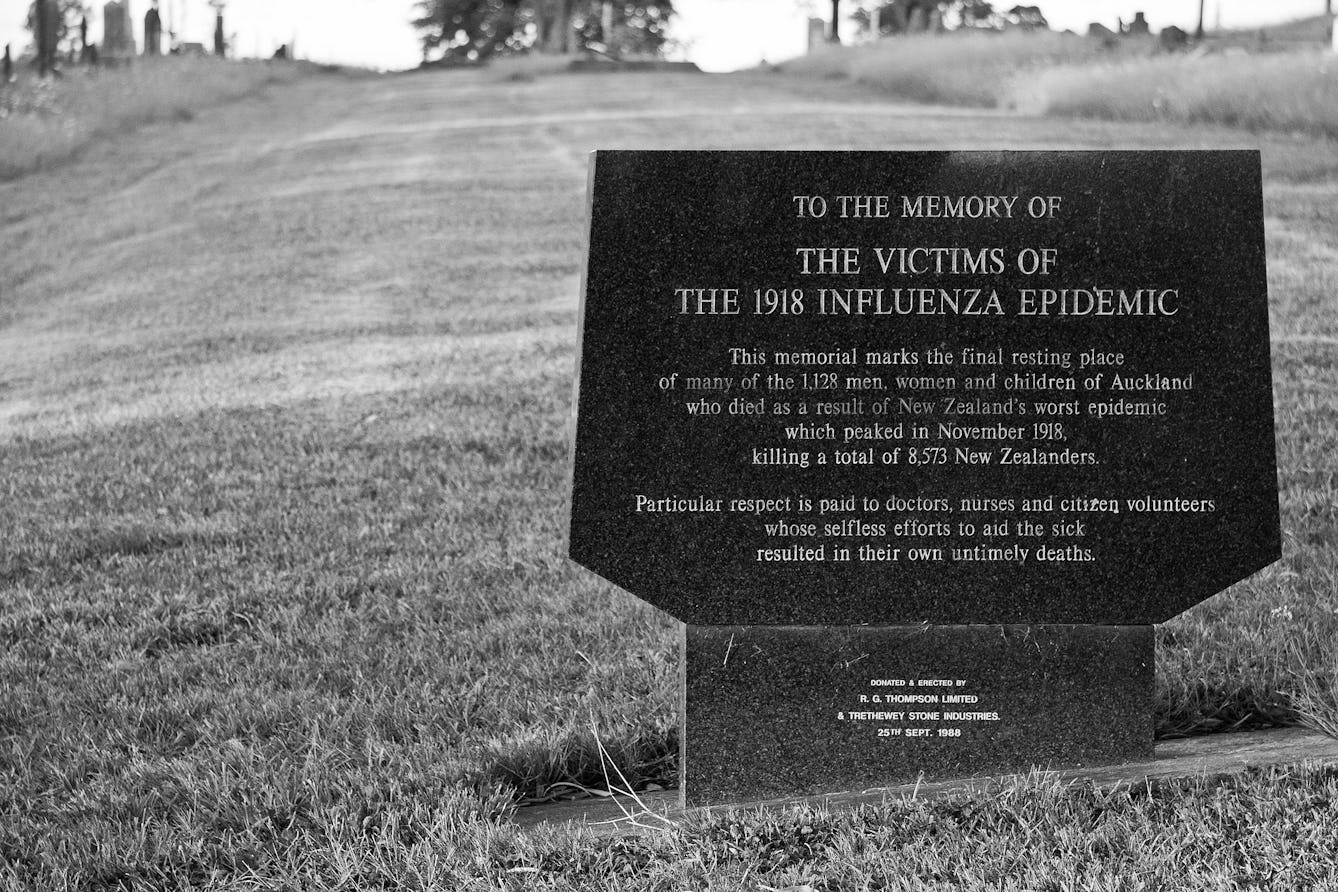
- Article
- Article
Why the 1918 Spanish flu defied both memory and imagination
The Black Death, AIDS and Ebola outbreaks are part of our collective cultural memory, but the Spanish flu outbreak has not been.